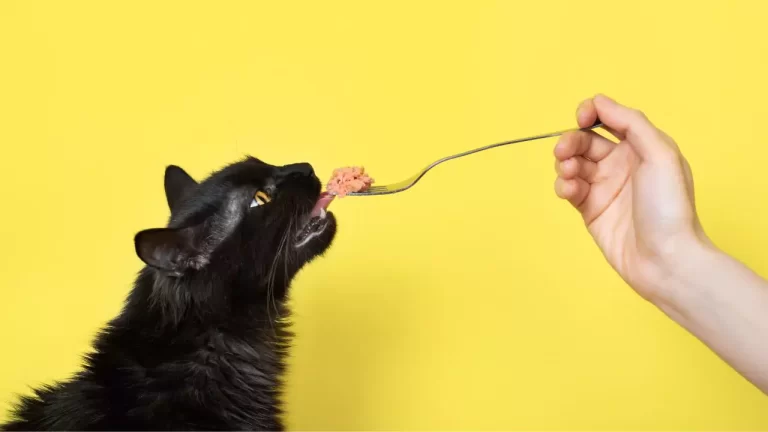No, you do not need to change your cat’s food often. Cats generally do well on a consistent diet and sudden changes can upset their digestive system.
However, there are some circumstances where rotating or changing foods may be beneficial. So, it’s best to change your pet’s diet gradually and systematically.
Reasons to Consider Changing Cat Food
While cats thrive on routine, there are some valid reasons to introduce dietary changes:
Dietary Needs Change Over Time
Kittens require very different nutrition compared to adult cats. As your cat ages, you may need to transition to senior cat food better suited to aging health needs.
Addressing Specific Health Concerns
If your cat has food allergies, dental issues, urinary problems, or other conditions, your vet may recommend a specialized diet to manage these concerns.
Catering to Picky Eaters
Some cats get bored of eating the same food every day. Rotating between a few different flavors or brands can make mealtimes more interesting.
How to Safely Change Cat Food?
When transitioning your cat to something new, go slow:
Gradual Transition Over a Week or Two
Mix a small amount of the new food in with your cat’s regular food. Over 7-14 days, gradually increase the ratio of new to old food.
Mix Old and New Food Together
Adding warm water or unsalted broth to the food mixture can make it more appealing. Just be sure not to suddenly switch to an all-wet diet.
Monitor Your Cat’s Response
Look for signs of digestive upset like vomiting, diarrhea, or decreased appetite. If problems arise, slow the transition or talk to your vet.
Signs it’s Time to Change Cat Food
Consider switching foods if you notice any of these signs:
Dull or Flaky Coat
Skin and coat issues like dryness or excessive shedding may indicate nutritional deficiencies.
Lethargy or Weakness
Lack of energy or muscle tone can result from inadequate protein or calories.
Digestive Issues
Chronic vomiting, diarrhea, constipation, or gassiness may be diet-related.
Weight Gain
An overweight cat likely needs a lower-calorie formula with increased protein.
Allergic Reactions
Itchy skin, ear infections, and bowel issues might indicate food allergies.
Conclusion
While frequent food changes are not necessary for most cats, be observant of your cat’s health and adjust their diet if problems arise. When introducing new food, allow 1-2 weeks for a gradual transition to prevent digestive upset. With patience and monitoring, changing foods can often provide health benefits for your feline friend.







